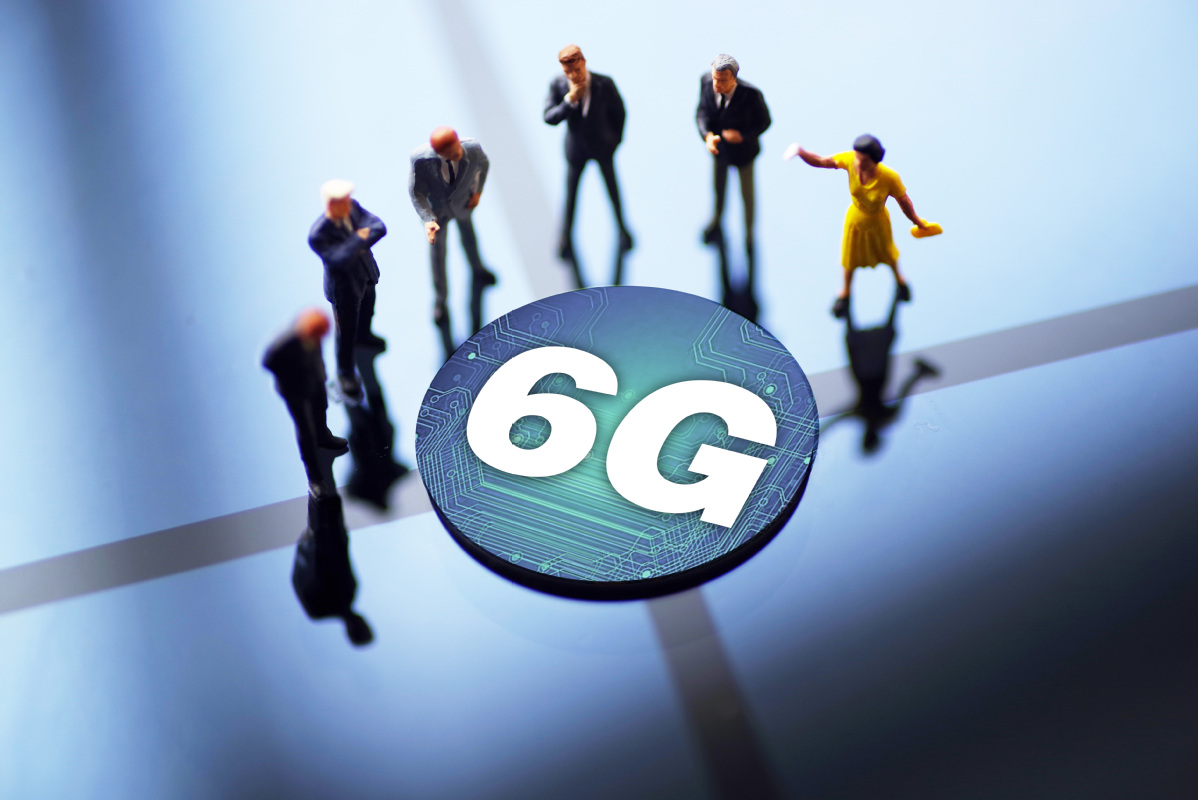Experts: If 5G lays good foundation, 6G can certainly reshape the world


With 5G commercialization making progress globally, efforts should now be made to balance the use of the telecom technology and the research and development of 6G, the next-generation wireless frontier, officials and experts said on Thursday.
There is still no universally accepted definition of 6G. It is expected to have far lower latency, higher speed and more bandwidth than 5G. As it supports the integration of space-air-ground-sea communication technologies, 6G is expected to be commercialized around 2030, they said.
Han Xia, chief engineer of the Ministry of Industry and Information Technology, said China attaches high importance to the development of 6G.
Currently, the world is still in the stage of developing a vision and designing the concept for the 6G technology.
It is of great importance to accurately understand the relationship between advancing the commercialization of 5G and promoting the R&D of 6G, Han said.
According to her, efforts are needed to fully promote 5G network deployment and large-scale applications so as to lay a good foundation for the development of 6G.
It is also necessary to analyze and summarize the 5G application directions that are suboptimal, so as to gradually clarify the potential business scenarios of 6G, thereby helping shape the 6G vision and fine-tune its requirements, Han said.
Wen Ku, secretary-general of the China Communications Standards Association, a noted telecom industry association in China, said advancing the use of 5G is like building a good bridge and road for 6G.
For instance, countries across the world regard terahertz as an important technology direction for 6G, but the prerequisite is to cultivate and mature 5G millimeter wave technologies. Otherwise, 6G might turn out like a child who attempts to run even before learning to walk stably, Wen said.
There is still no consensus on how fast data transmissions on 6G can be. Some scholars, such as Mahyar Shirvanimoghaddam, an expert in wireless technology at the University of Sydney, estimate that 6G networks would allow users to get a maximum speed of 1 terabyte per second on an internet device. It is 100 times faster than 10 Gbps, the hypothetical top speed of 5G.
Wen called for companies, universities and academic institutions to have an open mind on forging partnerships with all the parties concerned for 6G research, and to actively carry out global 6G technology exchanges and industrial cooperation.
Chinese companies including Huawei Technologies Co, Oppo, China Mobile, China Unicom and China Telecom have all started their 6G research already.
Zhang Ping, an academician at the Chinese Academy of Engineering, said 6G will extend the performance of 5G applications, besides expanding capabilities of futuristic applications across wireless cognition, sensing and imaging.
"In the future, 6G will reshape the world by enabling intelligent interaction between the virtual world and the physical world, and serving the intelligently connected society of all things," Zhang said.
- Manufacturing jobs at risk as the UK 'falls behind on climate action'
- Robots, smart tech and more on show at digital economy expo
- Policy moves ensure China closely involved in global supply chains
- Ahead of May's visit, Brits take look at post-Brexit business ties with Beijing
- Trade dispute hurting global economy




































